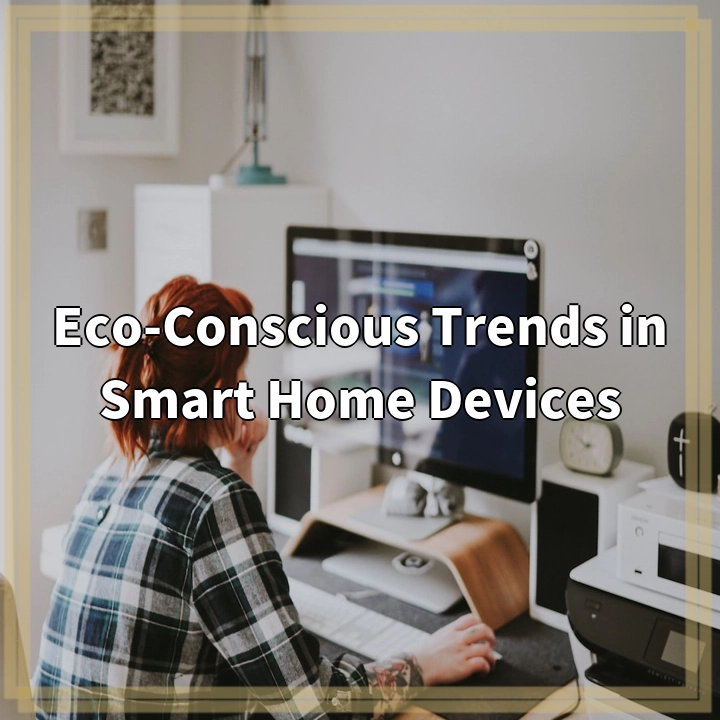Physical Address
304 North Cardinal St.
Dorchester Center, MA 02124
Physical Address
304 North Cardinal St.
Dorchester Center, MA 02124

Smart home devices are revolutionizing the way we live by offering convenience, energy efficiency, and enhanced comfort. These connected devices and appliances can be controlled or monitored remotely through the internet, thanks to technologies like the Internet of Things (IoT), artificial intelligence (AI), and sensors.
While smart home devices bring numerous advantages, they also pose eco-conscious challenges that need to be addressed responsibly and sustainably.
One of the concerns associated with smart home devices is their potential to increase overall energy consumption. Some devices may draw power continuously in standby mode or when not in use, leading to unnecessary energy waste. This not only has a negative environmental impact but also results in higher electricity bills for homeowners.
The rapid advancement of technology means that smart home devices can quickly become obsolete, leading to a higher turnover of electronic waste. Improper disposal of these devices contributes to the growing issue of electronic waste and poses environmental hazards due to their toxic components.
The connectivity of smart home devices raises concerns about privacy and security. These devices collect and transmit personal data, including behavioral patterns and usage habits, which can be vulnerable to hacking or misuse. This presents privacy risks for homeowners and potential vulnerabilities in their home networks.
To promote sustainability and responsible technology adoption, it is crucial to address the eco-conscious problems associated with smart home devices. Here are some solutions to consider:
Choose smart home devices that prioritize energy efficiency. Look for devices with energy-saving modes or features that automatically power off when not in use. Consider devices with certifications, such as Energy Star, that ensure they meet specific energy efficiency standards.
When upgrading or replacing smart home devices, ensure their proper disposal and recycling. Research local electronic waste recycling programs or drop-off locations to responsibly dispose of old devices. Recycling these devices allows for the recovery of valuable materials while minimizing the environmental impact of electronic waste.
Protect your privacy and security when using smart home devices by implementing strong passwords and regularly updating firmware. Before purchasing, research the security features of devices and ensure they have encryption and secure data storage capabilities.
Prioritize smart home devices from brands that practice sustainability. Look for environmentally friendly materials, reduced packaging waste, and devices designed for longevity and upgradability. Considering the lifecycle impact of devices can contribute to minimizing their environmental footprint.
By implementing these solutions, individuals can enjoy the convenience of smart home technology while minimizing its negative environmental impact and ensuring privacy and security.
If you’re wondering where the article came from!
#